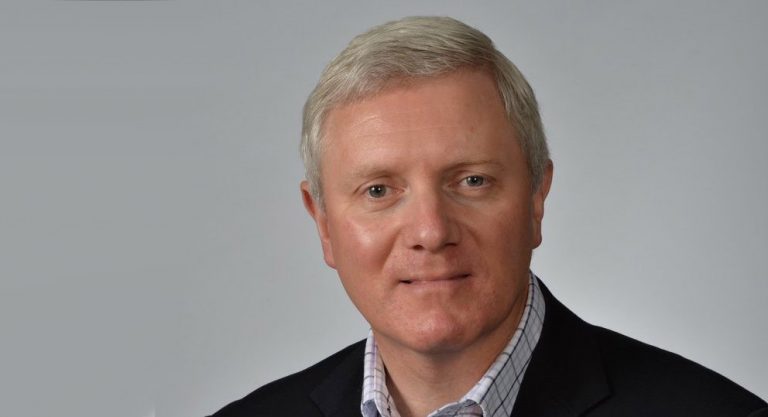In response to today’s announcement that the government will no longer fund LEPs after March 2024, LEP Network Chair Mark Bretton said it was essential, that effective devolution could be achieved only whilst business retains a respected and impactful voice which is a key element of democratic accountability.
“I am hugely grateful to the LEP Network Board, CEOs group and our highly talented Executive team for their guidance, resilience and professionalism in their support to me personally over this period. Please rest assured that the LEP Network remains highly committed to support you.
“To all my LEP colleagues, whether you are one of the over 2,000 business leaders giving our time mostly freely, a leader in FE, HE or the third sector, a Local Authority board member or one of the over 1,000 employed team members, thank you. Thank you for pulling out all the stops to address the three reviews, for going the extra mile during the pandemic and for keeping going as we steered ourselves to today’s outcome. A recognition that what we do matters and should not be lost. I know your local businesses and communities value your contribution highly whether it is in support of skills, delivering complex infrastructure, seeding new businesses or through our excellent Growth Hub network. Getting these final next steps right is therefore vital to ensure that the capabilities that we have spent so long developing are protected and that our talented people are fully respected.
“To Whitehall, thank you for finally recognising that you have an asset of national significance and that we have always been on the side of devolution. Please now let local people get on with the task, provide the funding and tools to do the job and allow them to continue to make the impact that has been demonstrated time after time. Whether that means integrating more fully as devolution continues, or indeed continuing as a trusted delivery partner until such time as that proves possible.
“’To our Local Authority colleagues, we have always counted you as amongst our most important partners; you are an integral part of what has made LEPs tick. We respected the transfer of big capital to you, please respect equally our revised role in your local arsenal and let’s work together to bring post pandemic, post Brexit productivity and prosperity. To this end we welcome the practical and sensible steps in the response from the County Council Network, and we look forward to working with them in the months ahead.”












